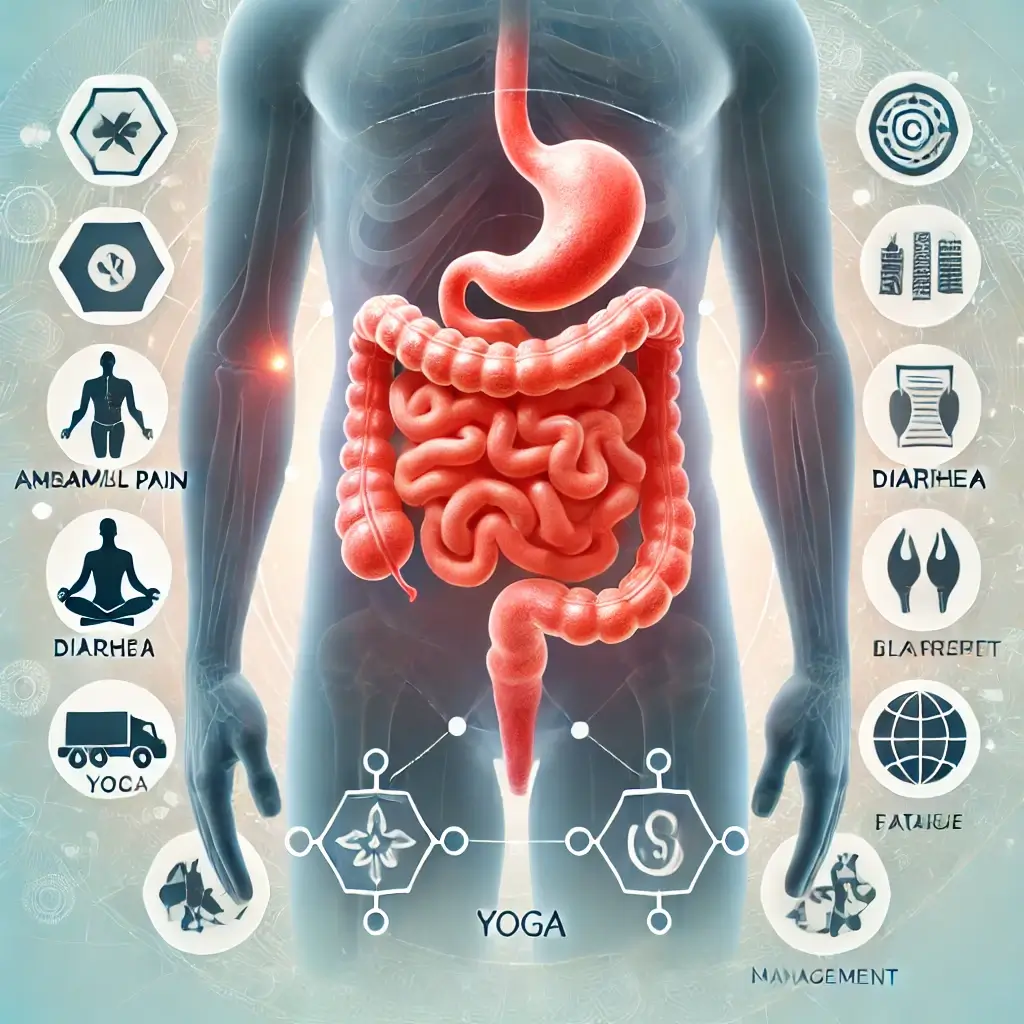Understanding Crohn’s Disease
Those who suffer from Crohn’s disease experience extreme inflammation in their digestive tract. Inflammation of the digestive tract is the most common symptom of Crohn’s disease, which is classified as a chronic inflammatory bowel disease (IBD). This inflammation can affect any region of the digestive tract, from the mouth to the anus; however, it most usually affects the small intestine, particularly the lower half (ileum) and the colon (large intestine). It can also affect the anus.
Symptoms and Complications
The symptoms commonly associated with Crohn’s disease might change based on the degree of inflammation and the affected areas. Nevertheless, some general signs include abdominal cramps and pain, bloody diarrhea, urgent bowel movements, weight loss, fatigue, bloating, and rectal bleeding. Chronic inflammation can lead to complications such as bowel obstruction, malnutrition, fistulas, and abscesses.
Causes and Risk Factors
The specific cause of Crohn’s disease is not known despite much research. However, several factors are thought to be involved, including immune system dysfunction, genetic predisposition, and environmental factors such as smoking or exposure to certain bacteria or viruses.
Treatment Options
While there is no known cure for Crohn’s disease, various treatments can help manage symptoms and improve quality of life. These include medications like corticosteroids and immunosuppressants, dietary and lifestyle modifications, and in severe cases, surgery to remove damaged portions of the digestive tract.
Lifestyle Management
Managing Crohn’s disease involves more than just medication. Identifying and avoiding dietary triggers is crucial, as certain foods can exacerbate symptoms. Stress management techniques, regular exercise, adequate sleep, and avoiding smoking are all important aspects of maintaining a healthy lifestyle with Crohn’s disease.
Living with Crohn’s Disease
Although living with Crohn’s disease can be challenging, many people with the condition lead active and fulfilling lives with proper treatment and lifestyle management. Consistent communication with healthcare professionals and commitment to long-term lifestyle changes are key to effectively managing the disease.
